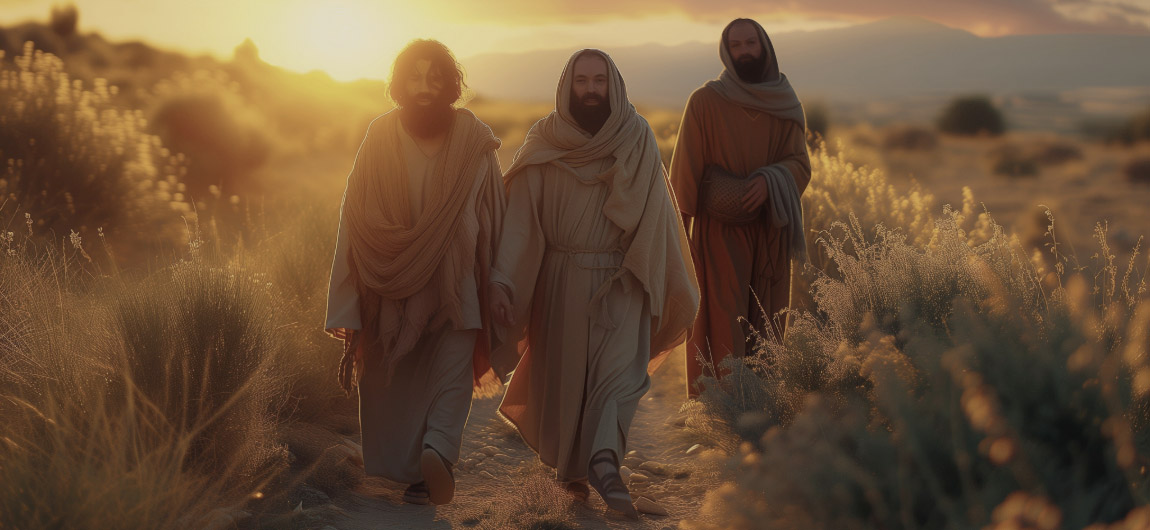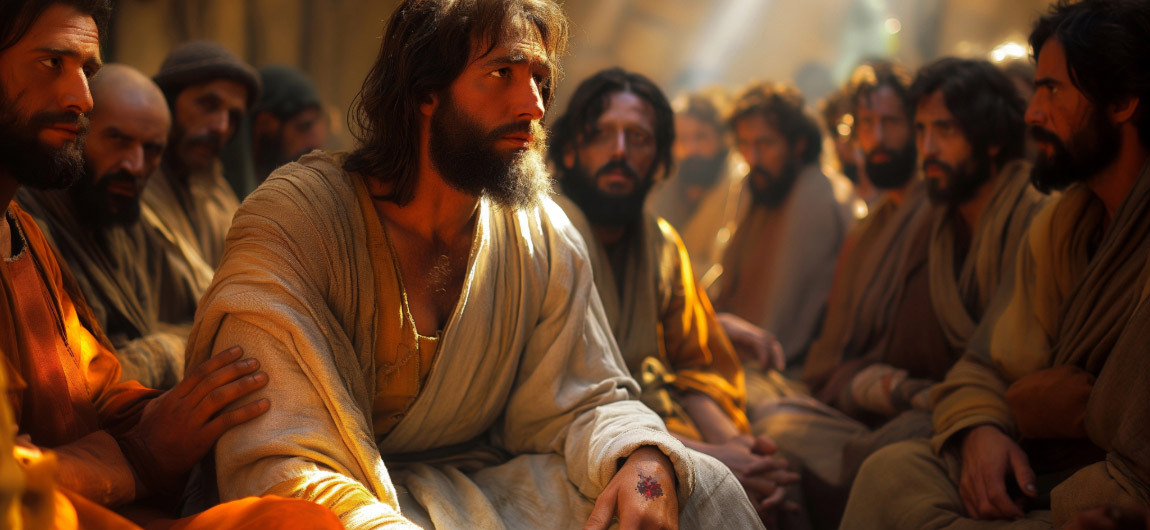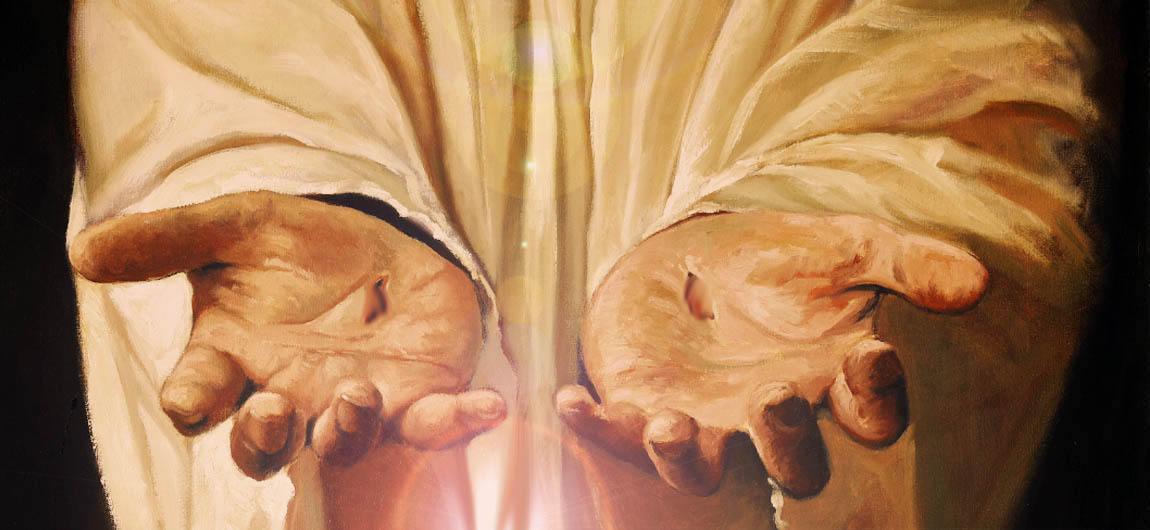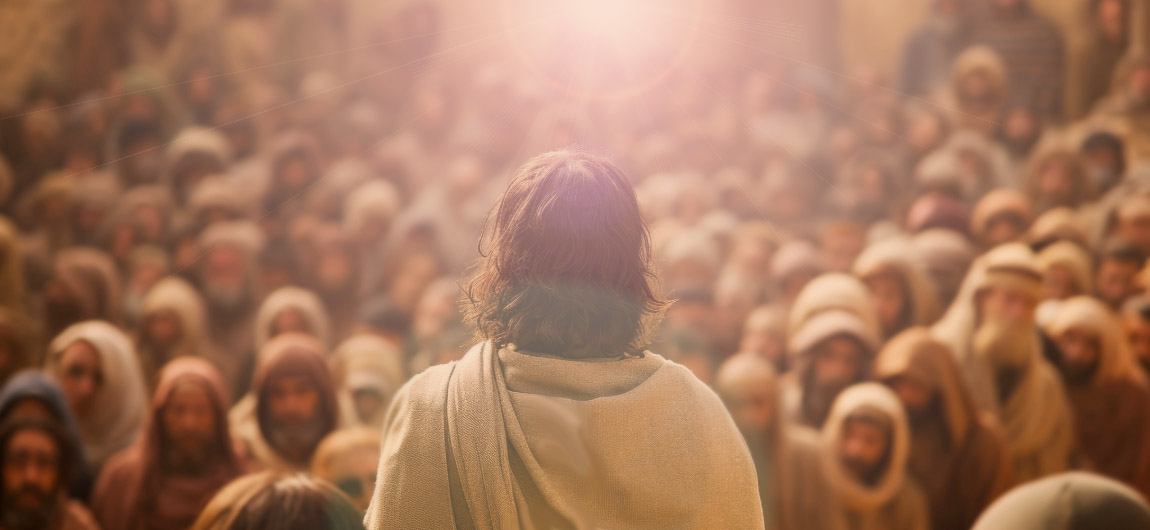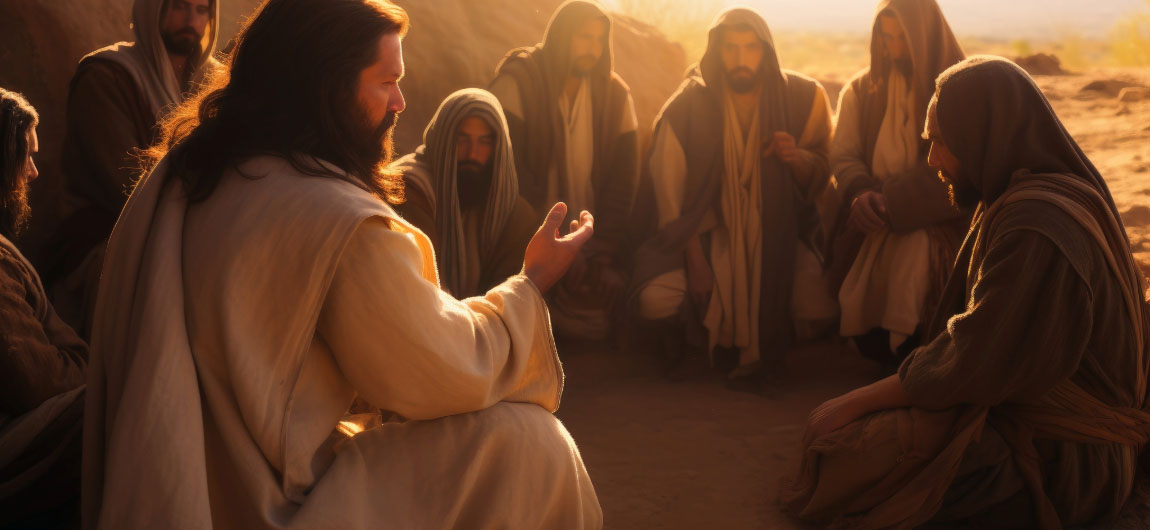Died for all
Jesus had allowed himself to be taken captive; he was led to a middle-of-the-night trial before the Jewish religious leaders. The charge? Jesus claimed to be the Son of God. Jesus’ answer? “Yes, it is as you saw” (Matthew 26:64). The “charge” was true! And certainly, all the miracles Jesus had done gave plenty of proof of it.
Unfortunately, the religious leaders—in general—had rejected Jesus. So instead of eagerly welcoming Jesus as the promised Savior, they saw him as a threat and wanted to get rid of him. So the religious leaders condemned Jesus; they said he was worthy of death. Why? Because he claimed to be the Son of God! How ironic!
Since Judea was then under the domination of the Romans, the Jews didn’t have the right to execute people. Instead, they had to take Jesus to Pontius Pilate, the Roman official in charge of Judea. The religious leaders accused Jesus of insurrection, of claiming to be a king. The Roman government official wasn’t going to care if Jesus claimed to be the Son of God so they came up with a charge he would care about! Pilate recognized the charge was bogus but bent to the pressure; he ordered that Jesus be crucified.
Through it all, Jesus never argued, never “pleaded his case.” He didn’t want to be set free. Instead, he was willing to die. Why? Because “the wages of sin is death” (Romans 6:23). The only way our sins could be paid for was if Jesus were to die. So instead of fighting the false charge, Jesus bowed to God’s will to bear the punishment of the world’s sin.
So he was nailed to the cross, crucified between two thieves. During his time on the cross—9:00 a.m. to 3:00 p.m.—Jesus made seven statements, each giving us a look into God’s heart. From noon until 3:00 p.m. darkness covered the world; Jesus was suffering the punishment which we deserved. When the time was exactly right, when the bill for our sins had been paid in full, Jesus cried out with a loud voice, “Father, into your hands I commit my spirit” (Luke 23:46). Then he died.
When Jesus died, there was an earthquake, a number of believers rose from the dead, and most importantly, the curtain in the temple was torn into two. That curtain had symbolically separated us, sinful humans, from the holy God. Because the full payment for sin had been made, the curtain was no longer necessary, so God tore that curtain down. We now stand at one with God, our sins paid for in full.
But can you imagine? The best was yet to come!









